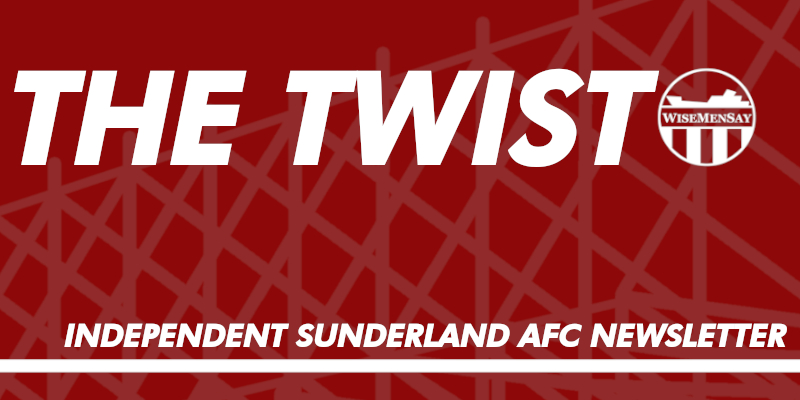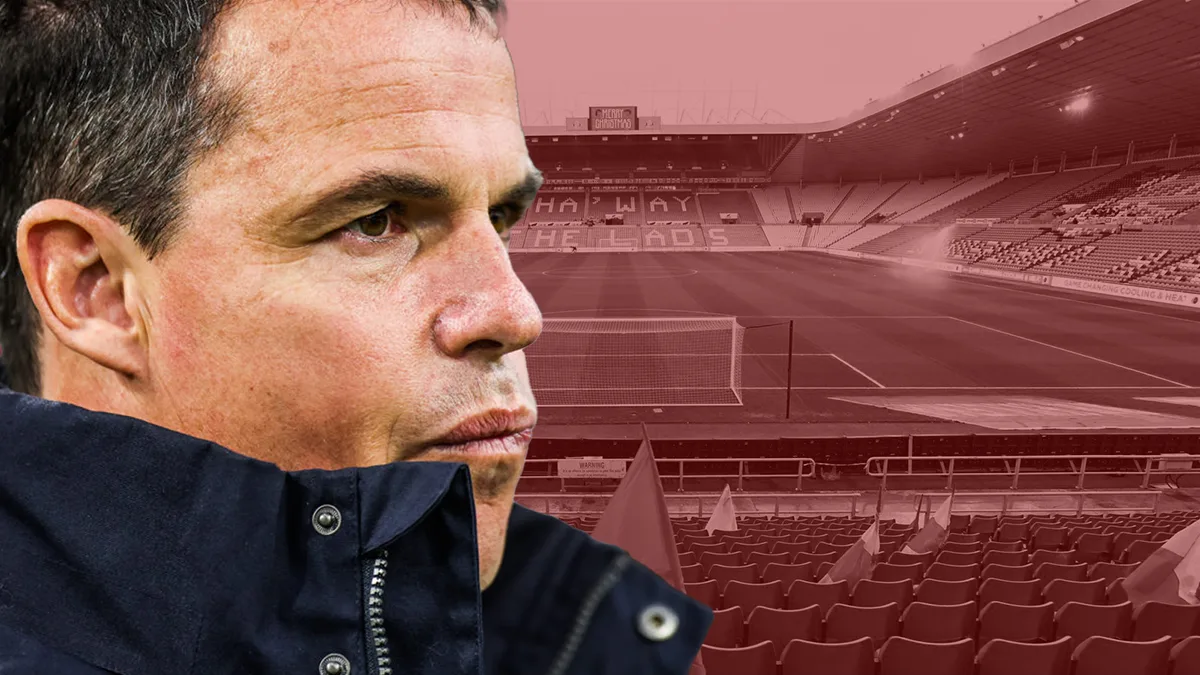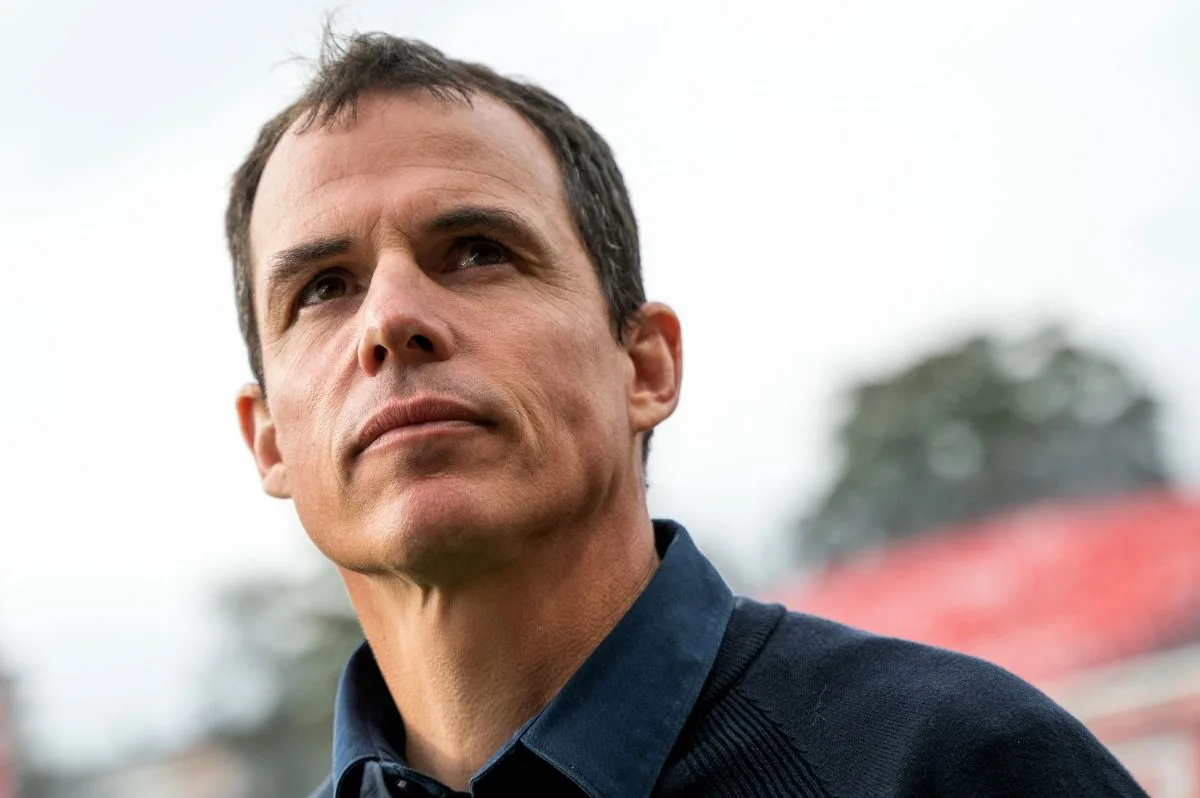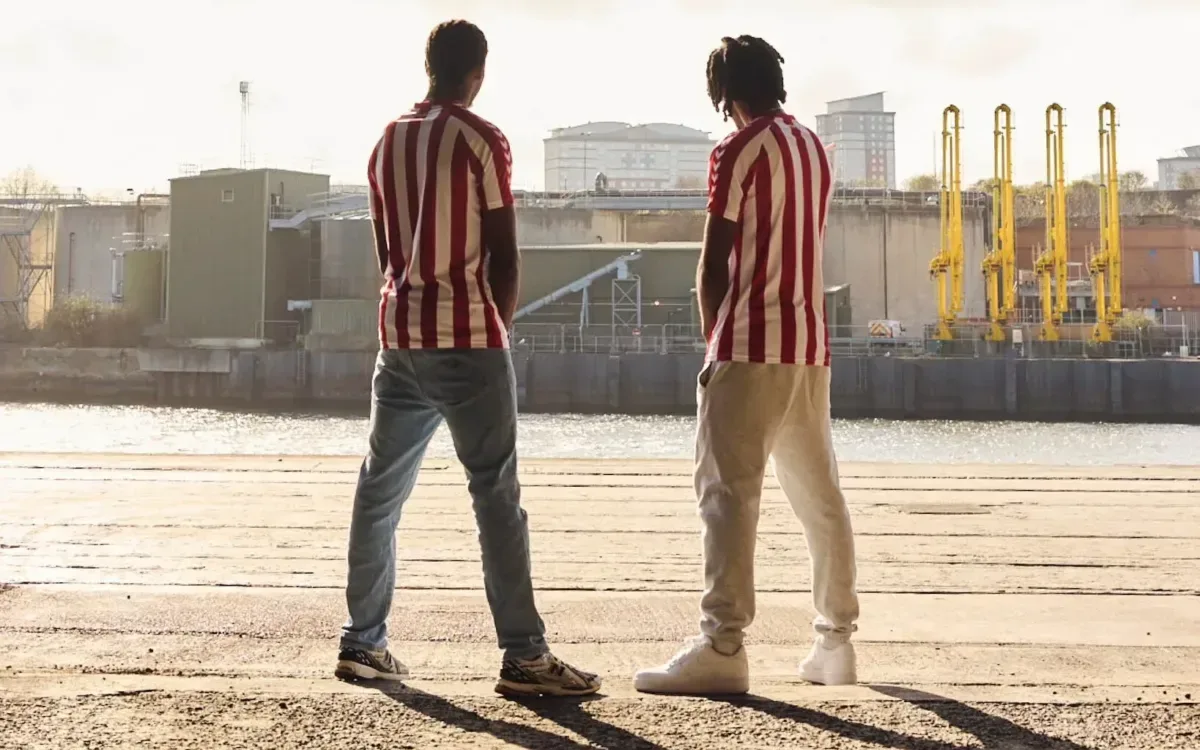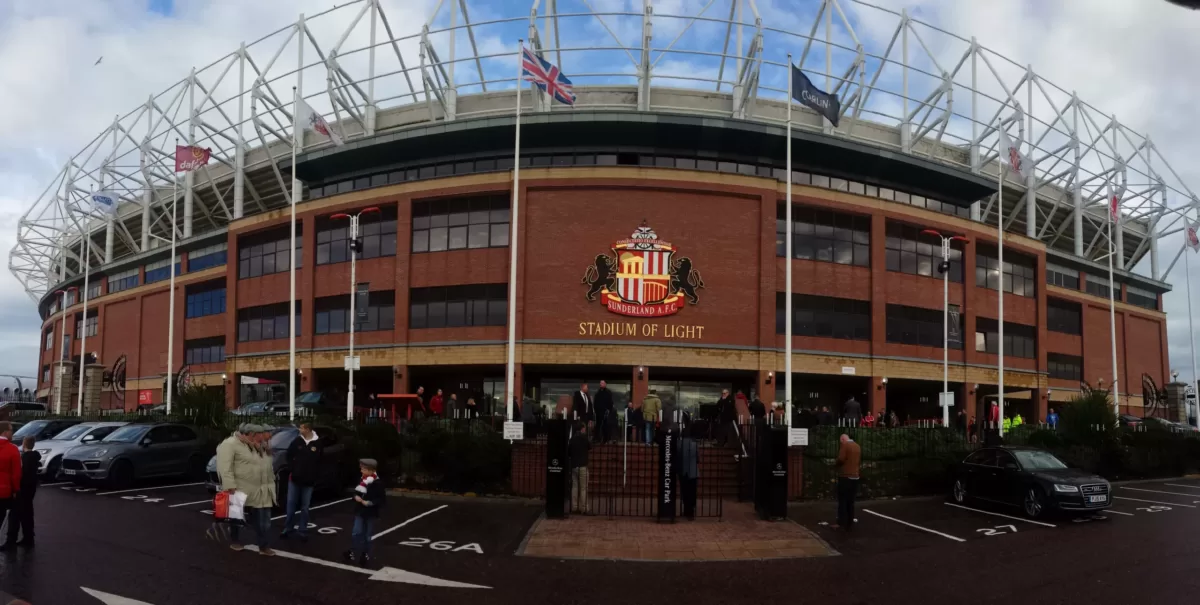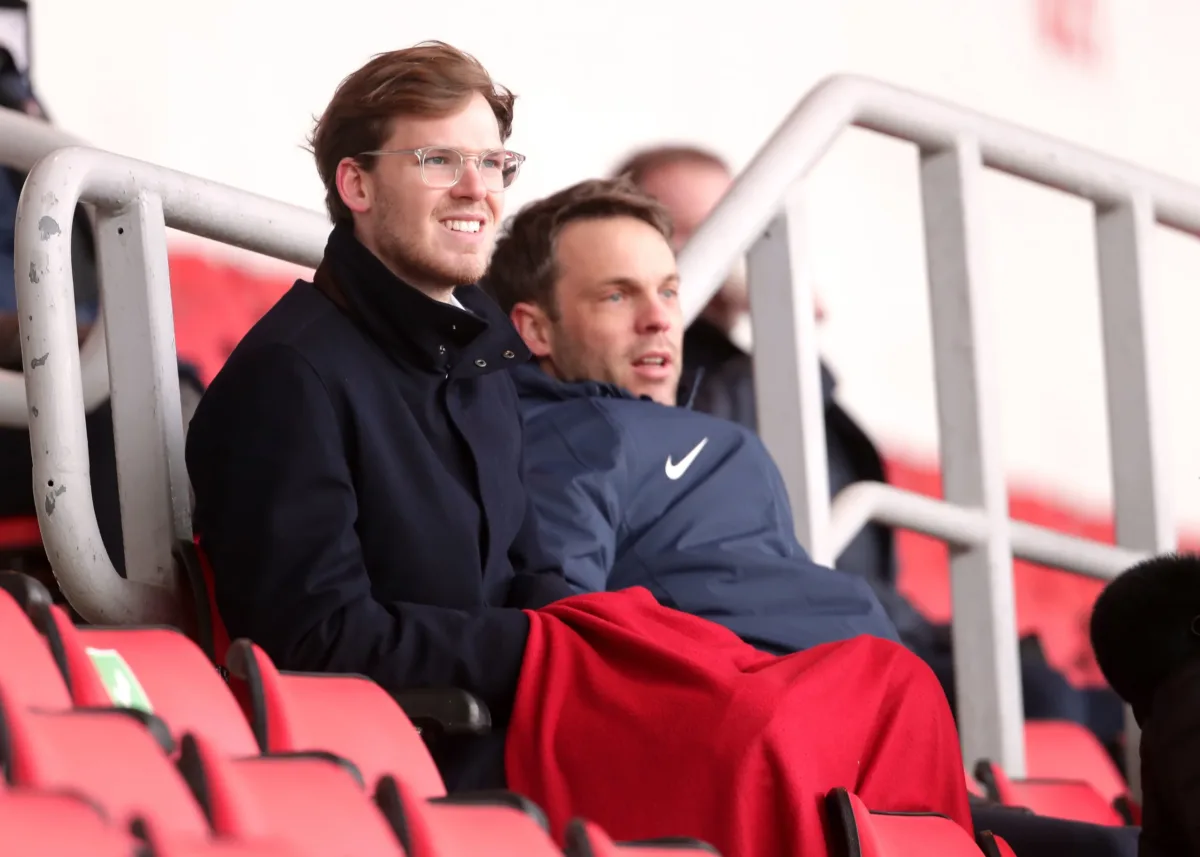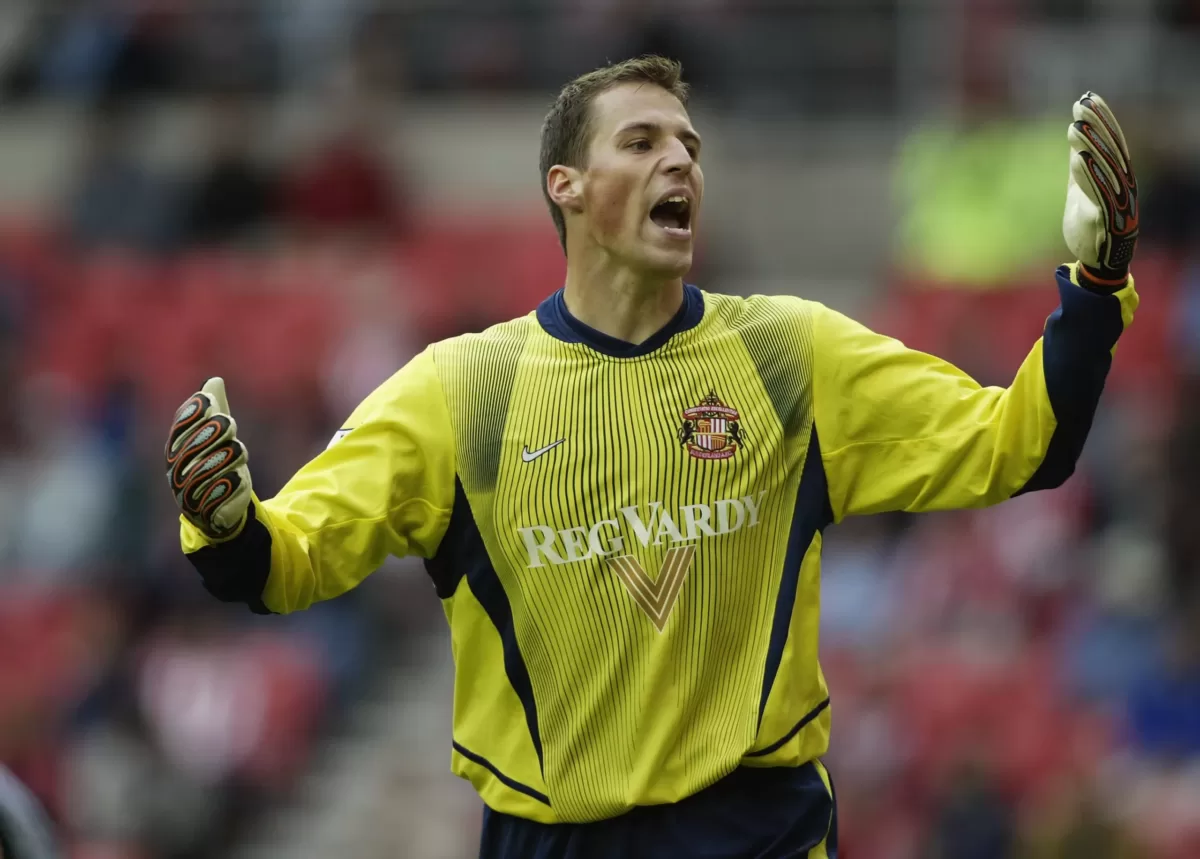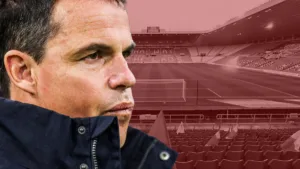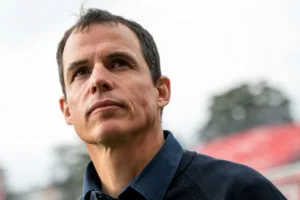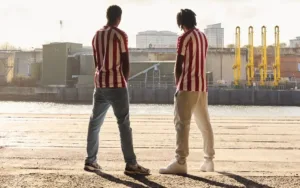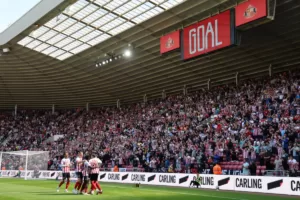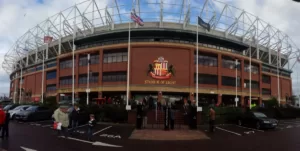Sunderland AFC have released their plans for 2020/21 season ticket renewals, despite few having any idea what that season might look like. Chris Weatherspoon outlines how the club may see some understandable pushback from its undeniably loyal fan base – and how the decision currently facing supporters gives them far more influence than they may have realised in shaping the long-term future of our football club.
Following a football club is not like being a customer of any other business. Even as many clubs increasingly seek to exploit rather than reward the loyalty shown to them by supporters, such loyalty often remains, regardless of whether it is merited.
Where consumers have the right to choose what they spend their money on in most other industries, and allegiances are flexible, the same doesn’t really apply when it comes to football. The option, of course, is there, but tell any self-respecting fan you’ve shifted your support from one club to another and you’ll be met with, at best, disdain and dismissal.
It is for this reason that, for many football fans, continued support of their club remains a no-brainer. A relegation here, a loss of a star player there, at base level it doesn’t really matter: we continue to support because that is what a supporter does.
Nowhere has that been truer in recent years than on Wearside. Despite years of dismal ownership, two relegations and an extraordinarily false dawn, still fans have turned up in their thousands. In the soon to be truncated 2019/20 season, Sunderland fans snapped up in the region of 23,500 season tickets, despite the previous term bringing the club’s lowest ever finish and little being done in the summer break to suggest this one would be much better.
A unique situation
A year on, it is highly unlikely season ticket sales will reach such heights. The combination of a worldwide pandemic and a likely third consecutive year in League One will ensure a fall in figures. But the club’s announcement this week regarding renewals throws up a significant dilemma for supporters.
Rather than waiting until the 2020/21 season made clearer, the club have confirmed, for those fans who renew their season tickets on the direct debit scheme, the first tranche of payments will be taken on 1 July. Full season ticket prices will apply, with season card holders offered access to the club’s streaming service for those matches which they are barred from attending in person. Partial refunds, dependent on how many games are behind closed doors, were not discussed. Alternatively, if fans wish to cancel their direct debit but reserve their existing seat until the situation becomes clearer, they can do so by contacting the ticket office before 11 June.
Leaving aside the myriad unanswered questions that arose from the announcement, it is worth considering the motivations behind it. After all, fans are potentially being asked to commit upwards of £300 for what may amount to watching an internet feed for an entire season. Not every seat in the Stadium of Light costs the same, but every view on an online stream will be the same, so how would it be fair that one person pays vastly in excess of another for the same service? Why, you wonder, would the club ask for people to make such a leap into the unknown unless, as I believe is abundantly clear, they are absolutely desperate for the cash?
Renewing this time around is not the simple act of loyalty it might always have been precisely because of the factors surrounding Sunderland AFC at the moment. As has been clear for over a year but was confirmed in December in the wake of a fan protest, the club’s owners wish to sell up. They have come close twice before, with at least two different parties undergoing detailed due diligence before deals hit the rocks.
Perhaps even more important is the fact that, throughout the current ownership’s time at our club, numerous events have taken place that suggest they have limited cash with which to fund their venture.
Just a month into their reign, The Times reported owner Stewart Donald was in discussions with up to seven external lenders over obtaining a loan in the region of £8m to help meet liabilities (Donald confirmed such discussions had taken place, but it is not believed any actions came of them). A loan of £11.92m was taken out in April 2019 against the club’s future income in order to allow the owners to pay off Ellis Short a year ahead of schedule. The following summer, both Lee Cattermole and Bryan Oviedo were released from the club on deals that freed up cash in the short-term but very much kicked the can down the road, given that they would still receive what was due to them, but such liabilities would drag on into a period where the club’s income would have dropped noticeably (i.e. once all parachute payments due from the EPL had ceased).
In November 2019, the owners accepted a £9m loan from a group of American billionaires, via their investment vehicle, FPP Sunderland, which we were told was necessary to rebuild the club and provide infrastructure funding that the current owners had not contributed themselves. More recently, it has been confirmed that those same current owners wrote off a commitment to return £20.5m they borrowed from the club in order to buy it. Add to this the fact that a number of highly-rated youngsters have been allowed to leave the club for sums higher than most of the current first-team would command and it all suggests that cash flow problems have never been far from the surface since May 2018.
That will only worsen. With football likely to go behind closed doors for an indefinite period of time and the government’s furlough scheme soon to be rolled back, costs will increase just as income will fall. Sunderland’s income was already due to plummet this season and, if there wasn’t already a cash flow concern, there certainly will be now.
A no-brainer?
All that considered, it would seem a bit of a no-brainer for fans: Sunderland AFC more than likely need cash, the club’s biggest revenue stream (by far) next season will be gate receipts, so, if we can, we should renew and inject some much-needed funds into club coffers. Doing so would be to ensure the club’s existence.
Yet it’s not that simple at all. Ordinarily, were a club and its owner to run out of cash, administration would be the next step along the way. The club’s very existence would be under threat. But our club currently remains in possession of a red, white and blue safety net. As was confirmed by the owners themselves, if the monies loaned by Madrox from FPP Sunderland cannot be paid back at a time of the latter’s choosing, then the American billionaires will assume control of the club.
The problem, of course, is that we are no longer aware of those Americans’ intentions. Last September, despite tales to the contrary since, those intentions were clear: they wished to buy Sunderland AFC, lock, stock and barrel. They did not fly halfway across the world to watch third tier football just to invest $12m in a man whose previous footballing venture saw him fail to get Eastleigh out of non-league; the suggestion they only ever intended to invest a relatively paltry amount into our club is ludicrous, not least when a quick perusal of their previous investment activity (albeit under a different banner) suggests they’re unlikely to even get out of bed for ventures worth five times their investment to date here.
Whether they retain an interest in owning Sunderland AFC outright is the great unknown in this situation: they have never commented on the club publicly. To my mind, if they did not retain an interest in owning the club, they would have taken their loan back and sailed off into the distance by now. Ultimately, with each passing day of this crisis, the current ownership’s ability to repay the loan diminishes. Correspondingly, the likelihood of FPP owning the club increases. If they truly held no interest in buying the club, their refusal to have requested their money back seems highly odd.
Of course, because of that significant unknown, fans withholding sums from the club in order to push Donald and co out of the door remains a highly risky strategy. What if renewals plummet, but the loan is called in and the owners are able to pay out of their own pocket? What if they decide to let the club go to the wall? Alternatively, what if would-be buyers, be it FPP or otherwise, see fans deserting the club en masse and believe that one of Sunderland’s big selling points, its fans, is no longer there?
On the latter, were action to be taken that harmed the club in the short-term with a view to its long-term prosperity, it would need to be made clear. Blackpool fans deserted their club in droves under the loathed tenure of the Oyston family. They did so in order to seek a better future for their club, rather than prop up a regime they found abhorrent (and this is in no way seeking to equate Sunderland’s current owners to the Oyston family).
Where will our money go?
A pertinent question given the current situation is: where will our money go? Will it be used to bolster the playing squad, perhaps? Or to improve the frankly dismal performance of the under-18 and under-23 sides? Or will it be used merely to prop up the current ownership for a little while longer, keeping them in situ until such a time as they can sell up for a price that suits them, as the club suffers yet further in the meantime?
In ordinary times such a question would be met by most with bemusement; what business is it of ours how exactly the club chooses to spend its season ticket revenue? But these are no ordinary times and if people are being asked to commit sizeable sums with no guarantee of live (in-person) football in return, then querying where that money will end up doesn’t seem too unreasonable. Lest we forget that when the current ownership rode into town two years ago, they preached ‘transparency’ at every turn. When will transparency be more necessary, if not now?
If the club wishes to shore up support and income then the best thing they could do would be to underline the necessity of people renewing. If the money the club has been promised from its owners is not forthcoming, and football is to return behind closed doors, the fixed costs involved in running Sunderland AFC could well be ruinous. Even Charlie Methven, who is prone to painting a rosy picture to attract would-be buyers, admitted that the club’s non-playing staff costs sit at around £11m just last month. Such costs will need to be met.
Of course, coming out and saying as much would be to fly in the face of what we have been promised for the past two years. We have repeatedly been told the money ‘borrowed’ by Madrox to fund their purchase of our club would be returned as and when it is needed. So, if not now, then when? If reports are to be believed, the outstanding gap sits at £11.5m, following FPP’s £9m injection into Madrox (and, subsequently the club) back in November. If the owners have always intended to replace that money, why not do it now?
£11.5m is more than Sunderland took in gate receipts this season. It is more than they would have taken next season even in a pandemic-free world, and it is more than the club has recouped from the gate in each individual season going back to 2014/15. If the club were to stress the necessity of fans renewing it would likely compel many to do just that, but it would also raise the fair question of why on earth the owners aren’t doing as promised and putting their money into the club when it is clearly needed.
Power is in our hands
And so we find ourselves at a remarkable juncture, one which few seem to have grasped. Sunderland fans may now wield more power than they have in the club’s history. We are perennially told that football fans can do little to effect change at the boardroom level. December’s protests were met by Mr Donald confirming his desire to sell the club, but the truth is that he had been in negotiations to sell it long before the #DonaldOut movement reared its head. That was almost half a year ago and he remains in situ; reports suggest it is because no one has met his asking price and, until someone does, or he runs out of money, he can remain regardless of what we shout from the sidelines.
Now, though, fans are in a position where they can directly affect the owner of their football club’s ability to remain in charge. If season card renewals plummet, as well they might even without people acting with the long-term in mind, it will rip away a significant chunk of cash from the club. It could accelerate the ownership’s departure. The risk, ordinarily, would be that they could sell to someone as bad or worse but, as things stand, FPP hold all of the cards. Based on the plans they were rumoured to have held last autumn, it seems unimaginable that they would be worse than the current regime; if nothing else, there would at least be little to fear in respect of their ability to fund the club.
As I’ve outlined, such a strategy remains risky. It could imperil the existence of Sunderland AFC, even if undertaken with the right intentions in mind. There are other options available than those currently on the table, though how realistic they are remains to be seen.
One idea put to me this weekend, which I believe has merit, but could be tricky to both explain and, more importantly, implement, would be for fans to commit funds as they would normally would but, rather than them being stage payments on a season card, instead join together in providing a convertible loan to the club. This would ensure the club receives the same cash boost it would have from season card payments ordinarily, but also give fans the option to convert the loan into a shareholding in the club if not paid back. It would shield the football club from harm while weakening the ownership’s position. Alternatively, if an acceptable buyer was found, an agreement could be made such that the funds committed by fans remain in the club in exchange for season cards once football returns to normal.
That would require significant work and, in all likelihood, a supporters’ trust being formed. The latter has been discussed in various circles but the chances of getting both that and an above arrangement in place any time soon appears unlikely. But it does underline that there are varying potential routes around the current dilemma, ones which could both aid our football club as well as push the current regime out of the door – the latter being a situation which most fans now appear to agree is vital to the club’s long-term progress and survival.
What do we do?
Is this a clarion call, a request for fans to desert the club en masse? No. I personally don’t know what to do for the best. My belief, one held for a while, is that the removal of the current ownership and them being replaced by someone both suitable and forward-thinking is imperative to our club’s long-term future. Be that FPP or someone else, and unfortunately it appears there has been little if any interest in the club from any other groups that might garner universal approval upon their arrival, if not renewing now would guarantee a positive long-term outcome, it would be a no-brainer.
Unfortunately, no such guarantees exist. Without assurances as to who would step into the void, be it FPP or otherwise, the power that currently resides in the hands of Sunderland fans comes with it a large unknown element. What is striking is that this moment represents perhaps the most significant opportunity in our history for fans to help shape the future of our club, for better or worse.
For once in football, power resides firmly in the hands of a club’s supporters. This isn’t a simple choice, and the ramifications could be enormous for Sunderland AFC.


